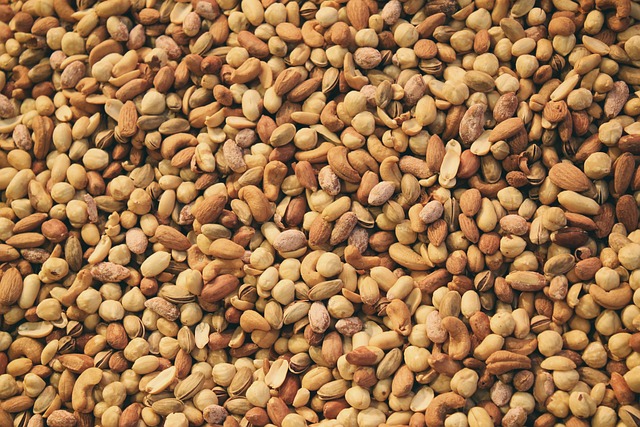Geographical Indication
What is Geographical Indication?
A Geographical Indication(GI) is an indication used to indicate geographical origin of goods and such goods are distinguished by the unique quality, reputation or other characteristic which are essentially attributable to its geographical origin.
“Goods” means any agricultural, natural or manufactured goods or any goods of handicraft or of industry and includes foodstuff.



- It is an indication.
- It originates from a definite geographical territory.
- It is used to identify agricultural, natural or manufactured goods.
- The manufactured goods should be produced or processed or prepared in that territory.
- It should have a special quality or reputation or other characteristics.
Conditions of Patentability

GIs are the storehouse of our rich cultural and intellectual heritage and the same is being preserved by rural artisans, weavers, craftsmen, farmers and others. Few examples of GIs.
- Darjeeling Tea
- Orissa Ikat
- Kangra Tea
- Mysore Sandalwood Oil
- Allahabad Surkha Guava
- Coorg Green Cardamom
- Dharwad Pedha
-
Feni
-
Nashik Valley Wine
-
Nashik Grapes
-
Kolhapuri Chappal
-
Gir Kesar Mango
-
Kinhal Toys
Registration of GI is the first step in journey of economic uplifting of our rural economy. It need to be supported by various efforts by all stakeholders. GI provides unique opportunity to economically and socially empowerment of rural artisans, weavers, craftsmen, farmers and others. GIs are collectively owned but not usually collectively marketed. This will not hold good once Unity Malls will be located in each state capitals and all tourist places of India.
Advantage of GI
- GI makes branding possible in the global market. It cuts out intermediaries and helps manufacturers raise profits.
- GI is just a marketing tool.
- Non-registration of GI may result in it being used by other for non-GI products.
- A prior GI registration prevents it from being registered as a trademark.
- Similar to trademarks, GIs act as source of identification, assurance of quality and marketing tool.
- Consumers are willing to pay premium for GI products because of its uniqueness compare to other goods and limited supply.
Geographical Indication V/s Trademark
- GI is a right in public domain. Trademark is a right in monopoly.
- GI identify a good as originating from a particular place whereas trademark identify a good or service as originated from a particular organisation.
- A trade mark often consists of a fanciful or arbitrary sign. In contrast, the name used as a GI is usually predetermined by the name of a geographical area.
Registration process:
An application for registration of a geographical indication is to be made in Form GI-1 for the registration of a Geographical Indication in Part A of the Register by an Indian applicant along with prescribed fee and should be addressed to the “Registrar of Geographical Indications”, Guna Complex, No. 443/304 Anna Salai, Teynampet, Chennai-600 018.
An application for registration as an authorised user in Part B of the Register. This application will be filed by any person claiming to be the producer of the registered geographical indication.
The procedure for registration as an authorised user is similar to that for the registration of a geographical indication.
Trivia: Unlike the Europe and China, in India only 112 agricultural GIs have been registered. More than 15 Chinese teas are registered as GI in China whereas only two Indian teas, namely Darjeeling tea and Kangra Tea are registered as GI in India . It is pertinent to note that the India Tea Board promotes various Indian teas, namely, Darjeeling tea, Assam Tea, Assam Orthodox tea, Nilgiri tea, Nilgiri tea, Nilgiri Orthodox tea, Kangar tea, Dooras tea, Sikkim tea (organic) etc. Similarly, the Indian Coffee Board had registered for only 7 GIs although it has identified thirteen unique environments of different regions of the country for coffees in 2013 .
The present government is working towards this. Recently, the Hon’ble Finance Minister Smt. Nirmala Sitharaman, her Budget speech (dated February 1, 2023), had proposed to set up “Unity Malls” in every state. These Unity Malls malls would focus on promoting and selling the state’s One District One Products, GI products and other handicraft products, apart from providing space and promote similar products from other states. All states would be encouraged to construct these Unity Mall in their capitals, most popular tourism centres, or prominent economic centres.
